Nigeria’s Path to Stability: Tinubu Declares Progress Amid Challenges
- by Ebikeme, Bayelsa, RNG247
- about 5 months ago
- 131 views
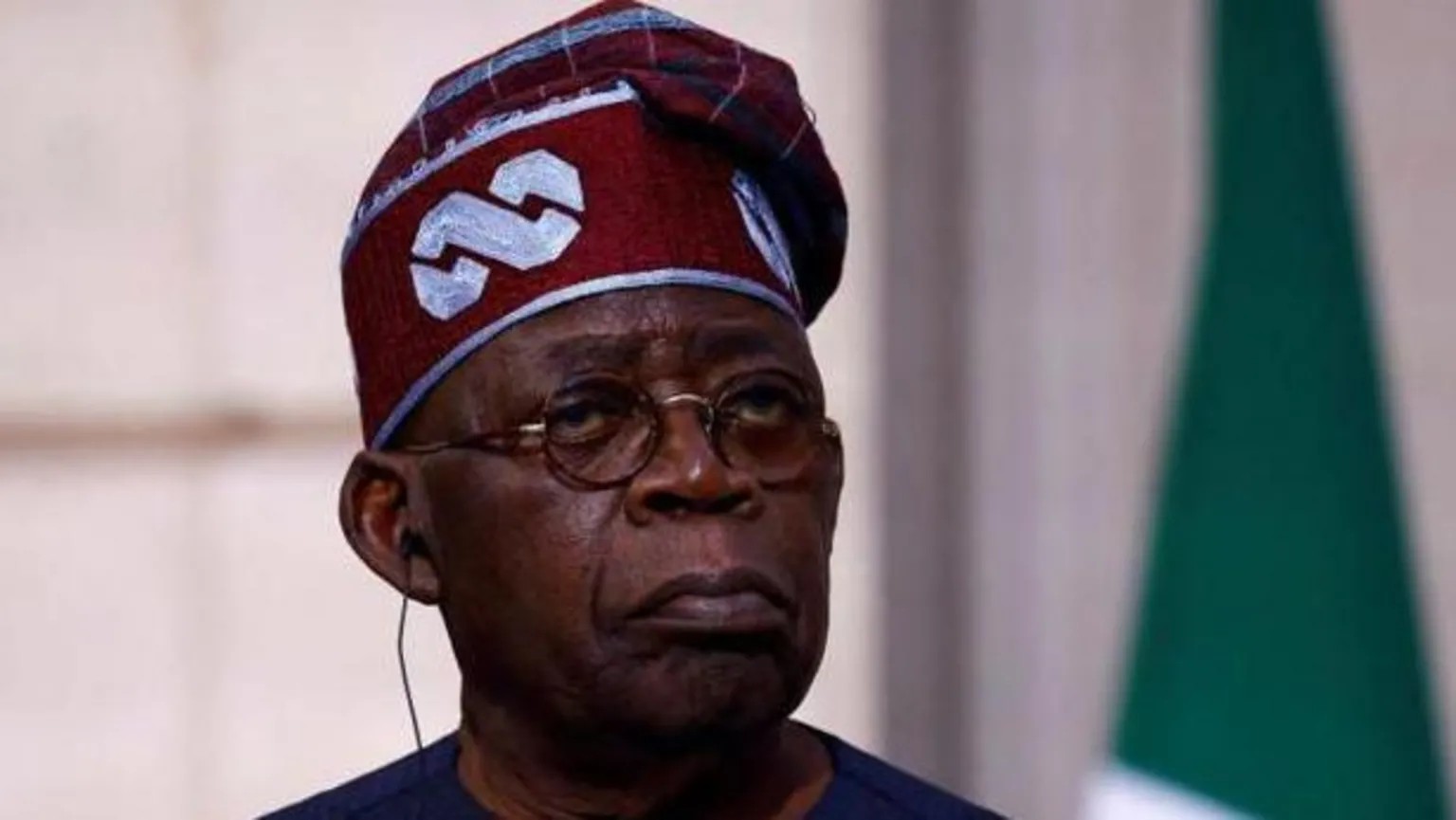
In a nationwide address marking his second year in office, President Bola Tinubu confidently stated that Nigeria is on the mend, asserting that the nation’s darkest days are behind it. Speaking to citizens and stakeholders, Tinubu reflected on the turbulent yet transformative period of his administration, emphasizing that significant progress has been made despite the substantial difficulties faced along the way.
Acknowledging the hardships brought on by his economic reforms, the President emphasized that patience and resilience are vital as Nigeria navigates its path toward stability. “Today, I proudly affirm that our economic reforms are working. We are on course to building a greater, more economically stable nation,” Tinubu declared, signaling a message of hope to millions of Nigerians.
The decision to end the longstanding fuel subsidy upon taking office in May 2023 ignited widespread protests and economic hardship, as fuel prices surged and household budgets were strained. Many Nigerians struggled to afford basic necessities, with inflation soaring to 34% last year. The situation led to nationwide protests that resulted in casualties and heightened tensions across the country.
Despite these setbacks, Tinubu pointed to recent economic indicators as proof of positive change. Inflation rates have slowed from 34% to 24% last month, though official figures reveal that prices still continue to rise albeit at a reduced pace. During his speech, Tinubu highlighted declines in the prices of staples such as rice, suggesting that the worst of the inflationary surge may be easing.
The President also noted encouraging signs of economic growth, with Nigeria’s Gross Domestic Product (GDP) forecasted to expand by approximately 4% this year, outpacing the 3% growth at the start of his tenure. However, unemployment remains a persistent challenge, with many recent graduates still struggling to find jobs and secure livelihoods.
While touting the benefits of removing the fuel subsidy—a move he described as necessary to prevent “a chokehold on our nation's neck”—Tinubu remains committed to addressing corruption, improving security nationwide, and reforming governance structures. His “Renewed Hope Agenda” aims to lift Nigerians out of poverty and foster sustainable development.
Public opinion remains divided; some analysts, like Professor Adeosun Olufemi, commend Tinubu for the progress achieved in certain areas but also call attention to the responsibilities of Nigeria’s 36 state governors. Olufemi questioned the utilization of increased funds allocated to states, urging scrutiny of local governance and resource management.
The 73-year-old President secured victory in the fiercely contested 2023 election with just 37% of the vote, defeating former Vice-President Atiku Abubakar and ex-governor Peter Obi. Despite his triumph, speculation simmers over potential political realignments as major parties contemplate coalitions for the 2027 elections, where Tinubu is expected to seek a second term amid a competitive political landscape.
As Nigeria continues its journey of recovery and development, the nation remains hopeful that the measures taken will lead to lasting stability and prosperity, with Tinubu’s leadership steering the course forward.



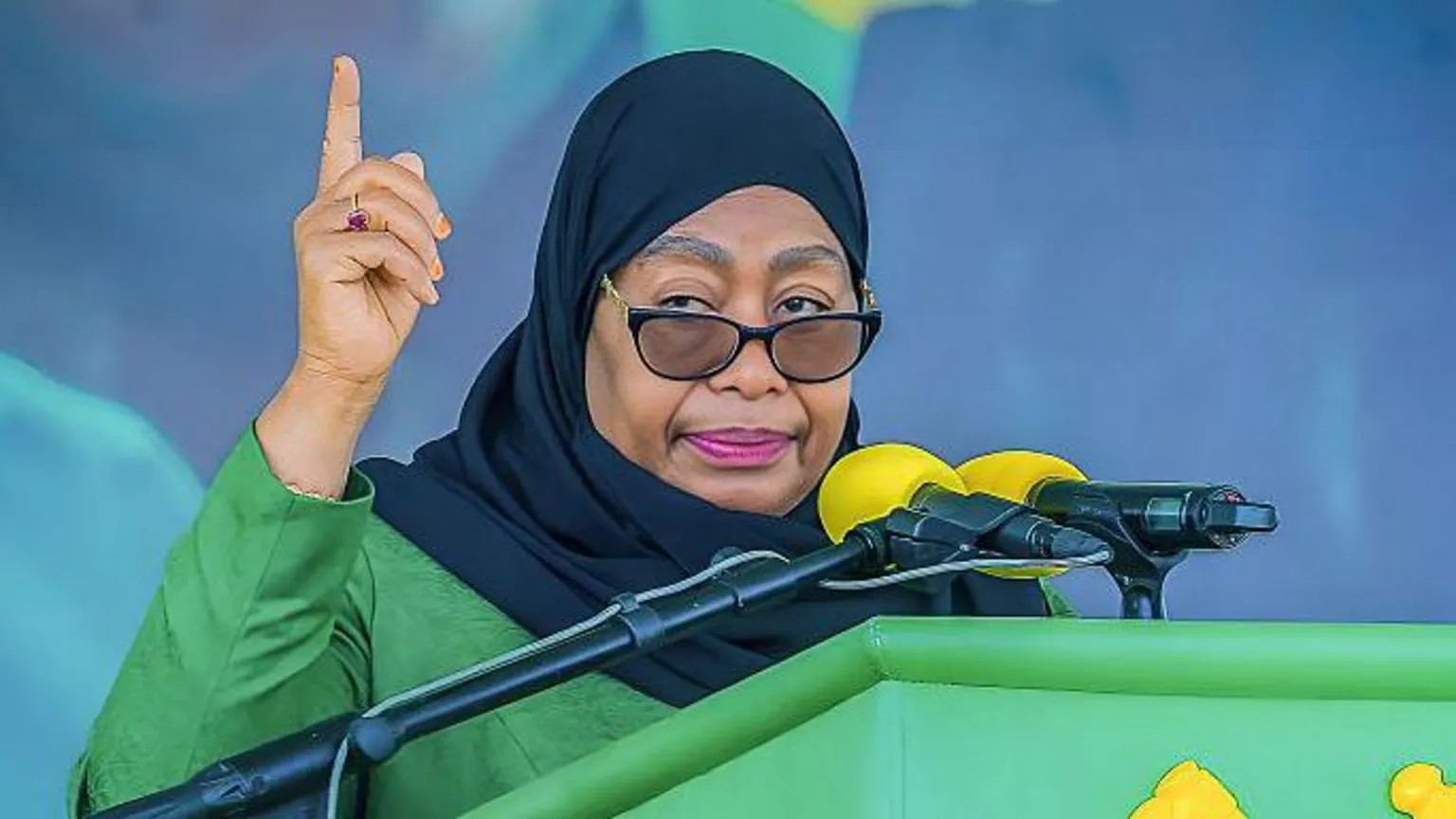
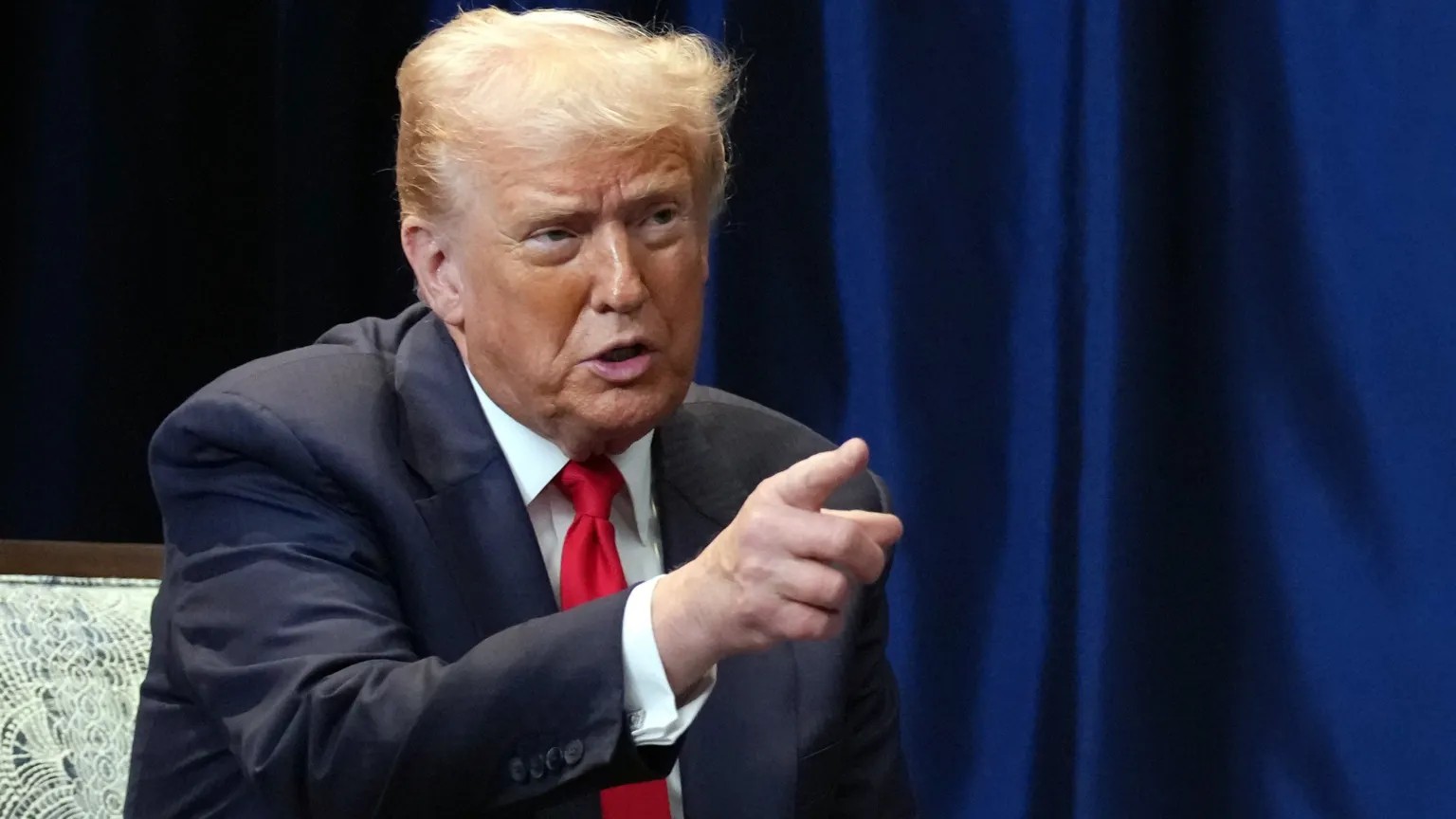
.jpeg)
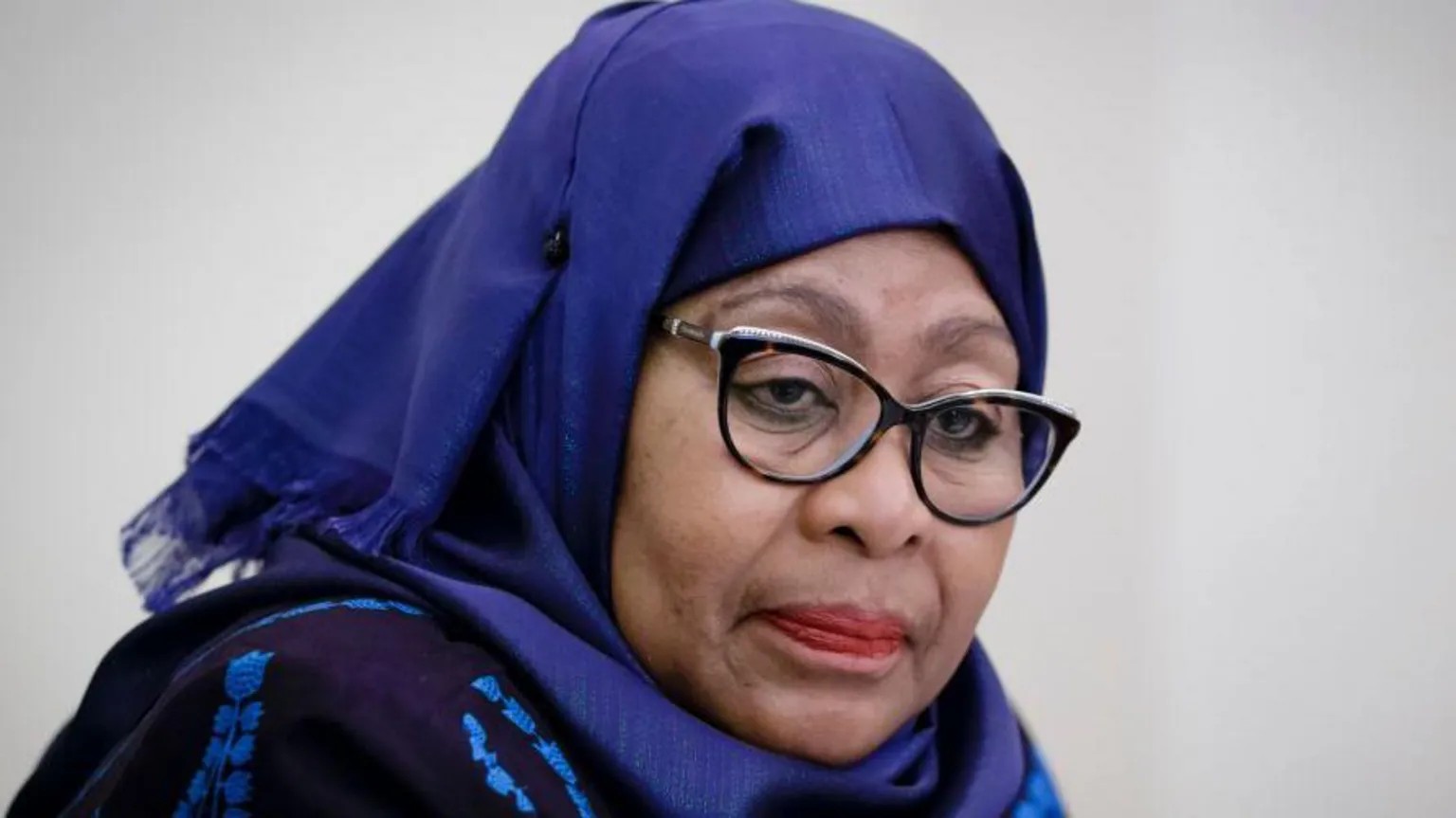
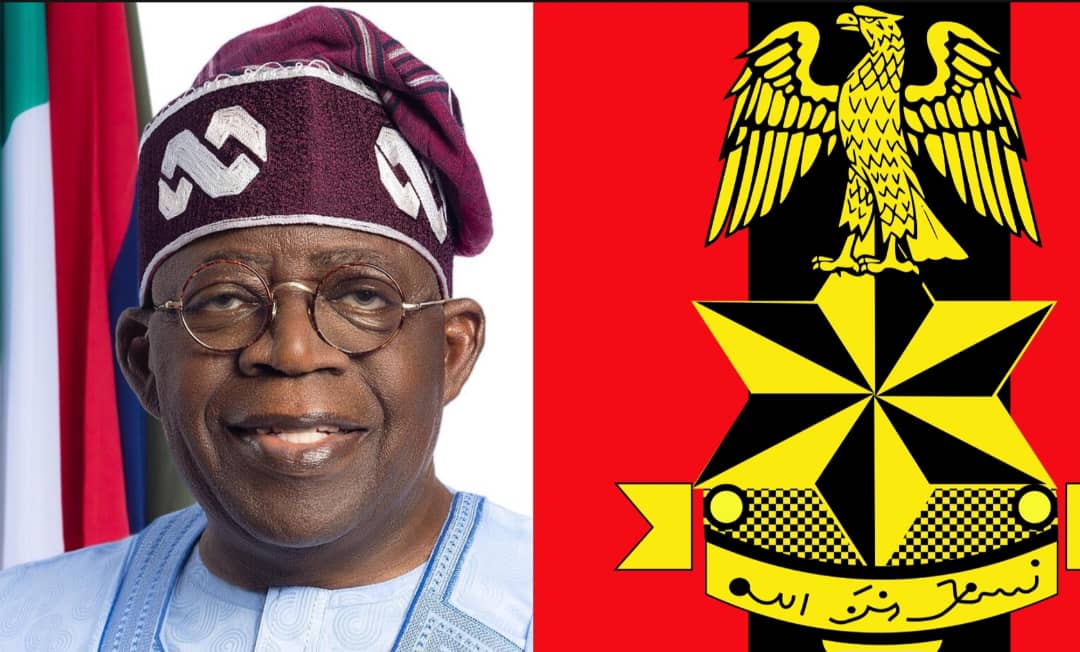
.jpeg)

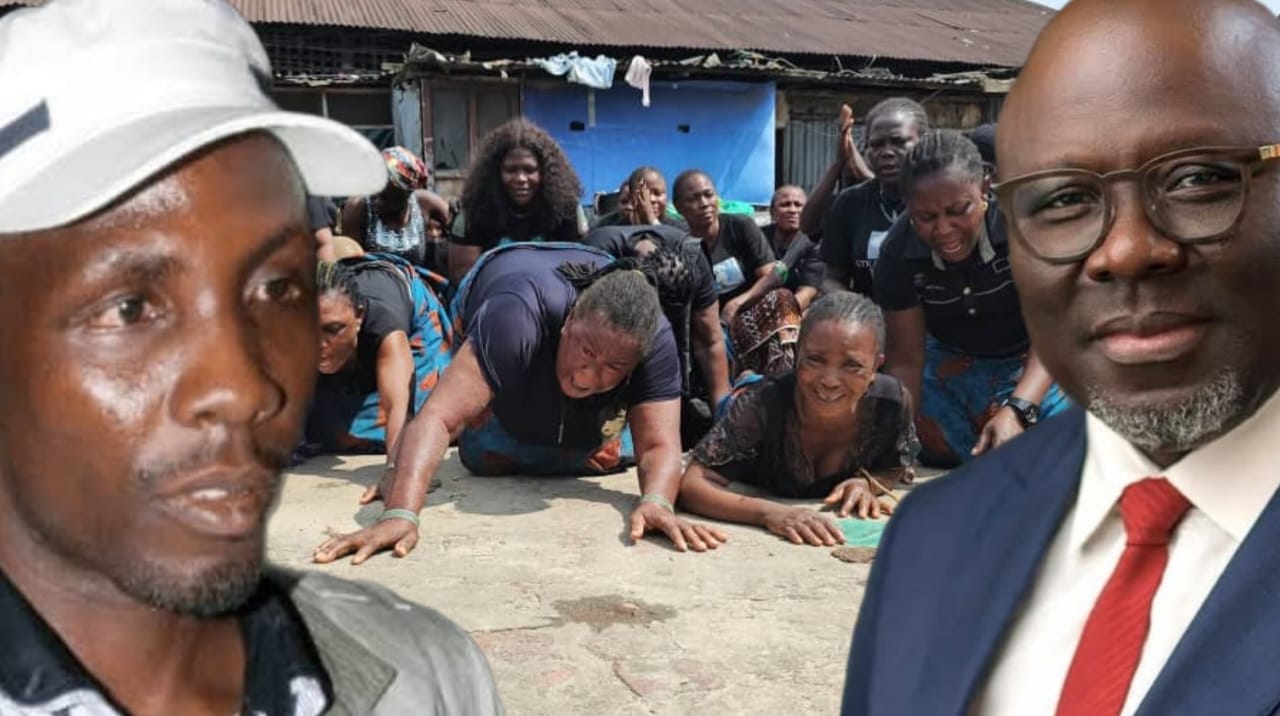
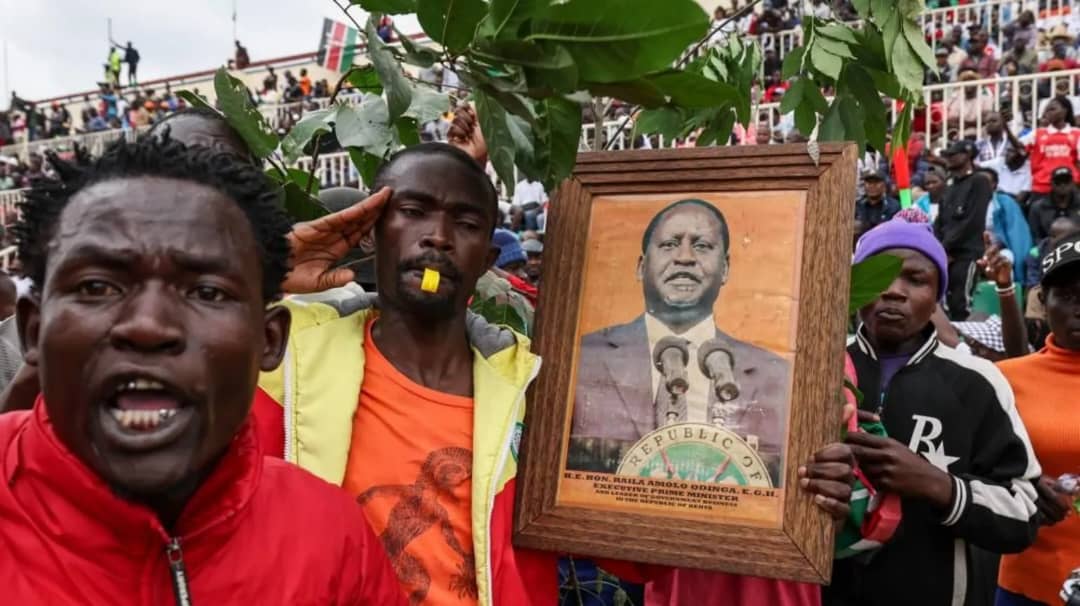




0 Comment(s)